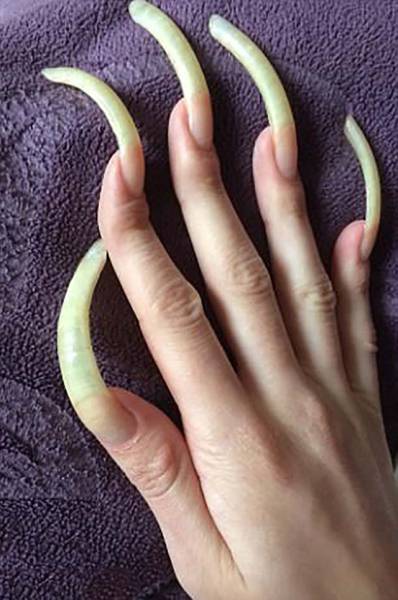

Scoring 61 points, he would establish a playoff mark that still endured in 1984( and still is the Finals standard 60 years later). In 1962, West hit a buzzer-beater in Game 3, and Baylor put up a magnificent performance in game 5. He and running mate Elgin Baylor literally gave it their all against Boston, and the results were the stuff of legend. West, the last remaining original Los Angeles Laker, had been a part of the greatest duo in NBA history up to that point. If Auerbach measures his jackpot at the expense of the Lakers, then West measured his team’s worth by how it faired against Boston. Schaus, humiliated four times between 1960-1966 by Auerbach and the Celtics, would say, “we came awfully close to putting that damn thing out.” Schaus never did “put that thing out,” but his student Jerry West wanted nothing more than to fulfill that pledge. He would create an aura of near invincibility, which infuriated his long-time rival, Laker coach Fred Schaus. He then would rub it in by lighting up a cigar whenever his Celtics were near the finish line of victory. The “sore loser” now became the “sore winner,” as Auerbach engaged in fights with rival fans, cursed out owners, and generally intimidated referees who called Celtic games.

They won 11 of them, with more than half 7, coming against the Minneapolis/LA Lakers.

Over the next 13 years, they would advance to the championship round 12 times. Turning the tables, Auerbach bought in one William Felton Russell, and together they unleashed the greatest team in the history of the sport. Auerbach, defiant even then, would bellow, “show me a good loser, and I will show you a loser.” Auerbach remained a “bad loser,” even after Mikan left in 1954. He then acquired the reputation as a “sore” loser. Auerbach, try as he might, could not outcoach size. But, they had no chance of beating the mighty George Mikan Lakers. With their magical point guard Bob Cousy, the Celtics were able to boost attendance. The Lakers in those early days captured the league’s first dynasty, while ironically, the Celtics were the league’s biggest draw. Back in 1950, if you can believe it, “Red” measured his success by the Lakers. Thirty-four years into his reign as commander in chief of the Boston Celtics, Red was the most influential man in NBA history up to that point.


 0 kommentar(er)
0 kommentar(er)
